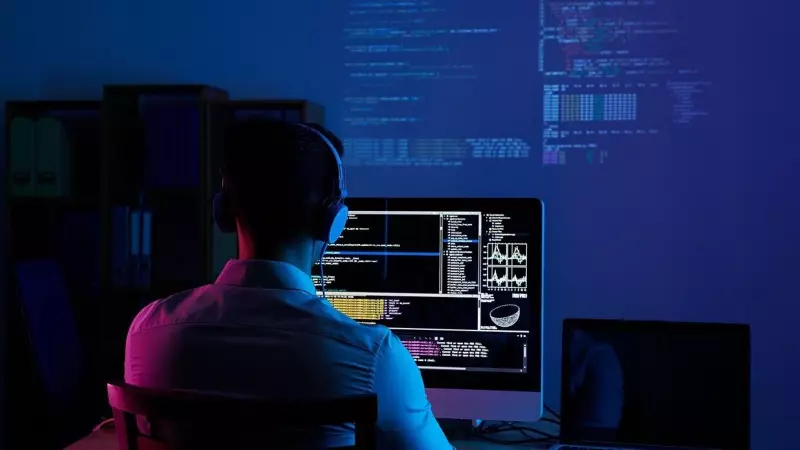
In the cutthroat world of artificial intelligence development, a disturbing new normal is emerging: tech professionals are routinely working 100-hour weeks in what industry insiders describe as a modern-day arms race.
The Unseen Human Cost of AI Dominance
Behind the glossy facade of groundbreaking AI announcements lies a workforce pushed to their absolute limits. According to recent reports from Silicon Valley, engineers, researchers, and developers are sacrificing personal lives, health, and well-being to keep their companies competitive in the global AI landscape.
When Passion Becomes Exploitation
Many workers initially joined the AI revolution driven by genuine excitement about shaping the future. However, that passion is increasingly being tested by unsustainable demands. "We're living on caffeine and adrenaline," confessed one anonymous AI researcher. "The pressure to deliver breakthroughs before competitors is relentless."
The Global Tech Battle Intensifies
This extreme work culture isn't limited to a single company or region. From Silicon Valley giants to ambitious startups worldwide, the pattern repeats: extraordinary demands placed on technical talent in pursuit of AI supremacy.
The situation has become so severe that some industry watchers are drawing parallels to historical industrial revolutions, where human welfare was often sacrificed for technological progress.
Warning Signs for the Industry
- Rising burnout rates among AI professionals
- Increased turnover in critical research positions
- Growing concerns about mental health impacts
- Potential compromise on safety protocols due to exhaustion
The Sustainability Question
As the AI revolution accelerates, serious questions are emerging about the long-term viability of this work culture. Can innovation truly flourish when the innovators are pushed to breaking point? Industry leaders are beginning to acknowledge the problem, but concrete solutions remain elusive.
The human cost of the AI revolution may ultimately determine not just who wins the technological race, but what kind of future we're building for the workforce that's creating it.





